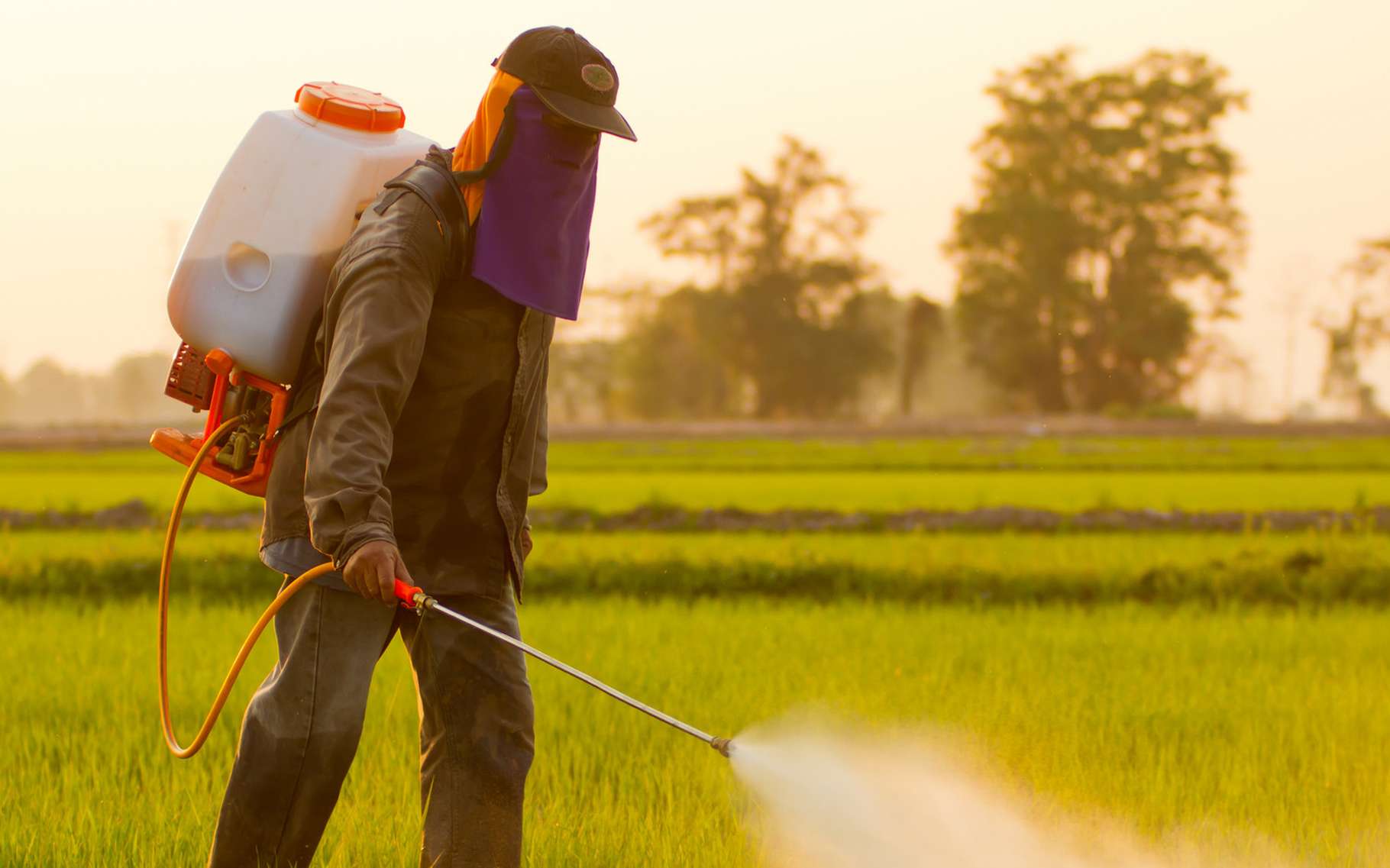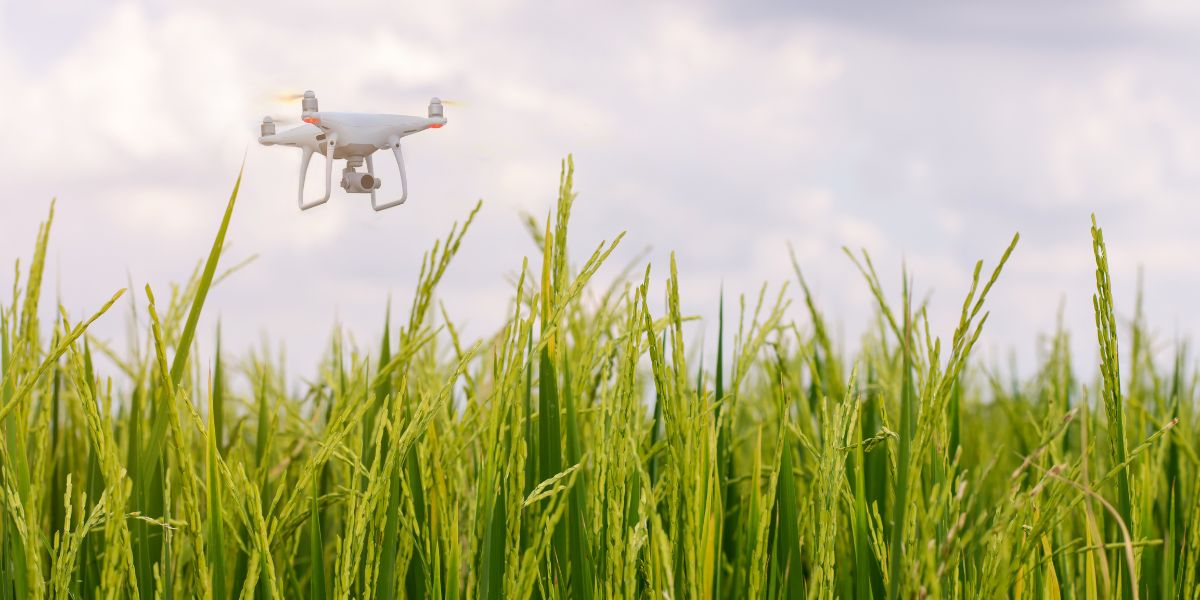Indonesia, one of the most advanced emerging countries in Southeast Asia, has recently succeeded in transforming its agricultural sector through the integration of drone technology. Faced with an exponentially growing population, crop diversification and the impact of climatic hazards, Indonesian farmers are increasingly opting for the use of drones to optimize the management of their farms.
The growing popularity of agricultural drones in Indonesia has recently highlighted the ability of new technologies to improve traditional agriculture. Drones play a key role in modernizing Indonesia's agricultural sector by decreasing environmental impact and increasing agricultural yields. This development makes it possible to meet the food needs of a constantly growing population, while promoting the sustainable economic development of the country.
The Indonesian government recognizes the potential of this technology to enhance food security and environmental sustainability. Initiatives have been launched to train farmers in the handling of drones and facilitate access to these technologies, including through grants and partnerships with the private sector.
Agricultural drones are thus an optimal method of monitoring the country's vast agricultural areas, whether they are rice terraces, palm plantations or large tea fields. These high-tech jewels are equipped with state-of-the-art sensors and advanced imaging technologies, allowing them to quickly detect problems such as plant diseases, pest infestations or nutrient deficiencies. Farmers can intervene quickly and in a targeted manner with this precise monitoring, which improves yields and reduces operational costs.


